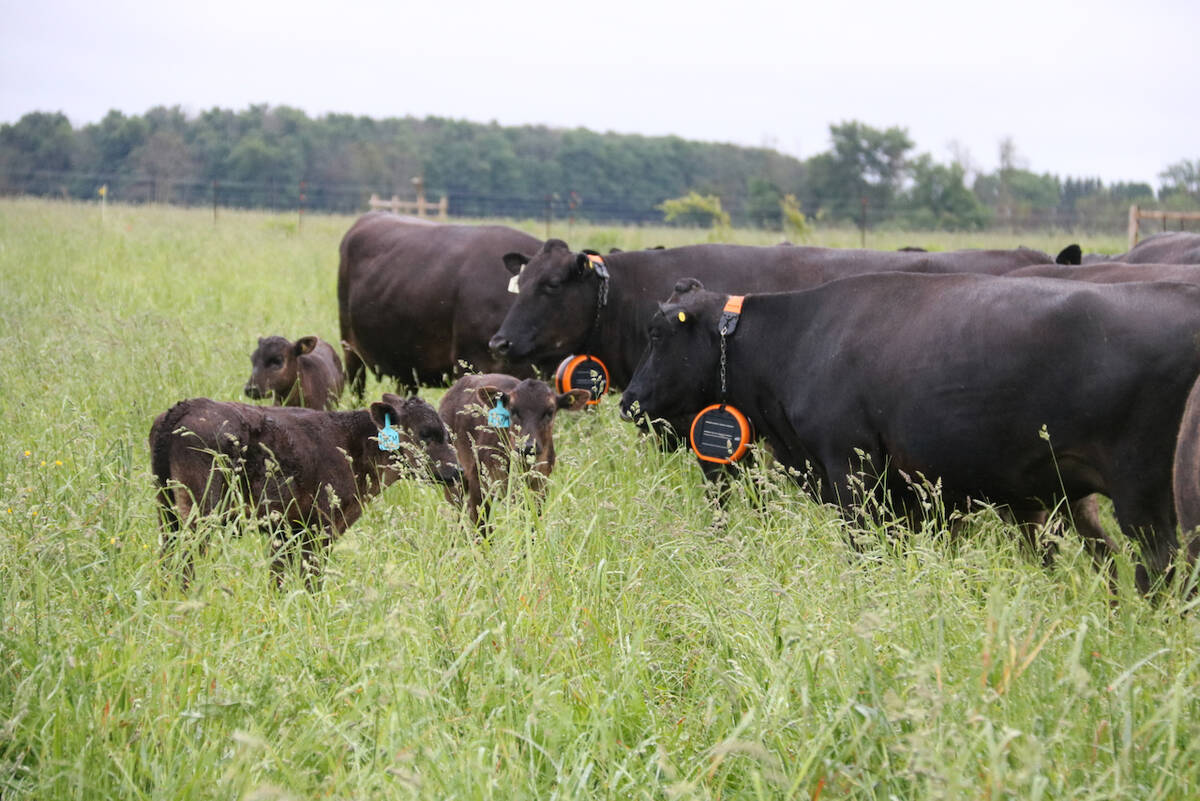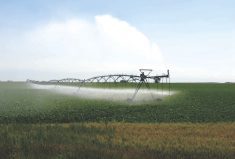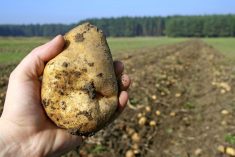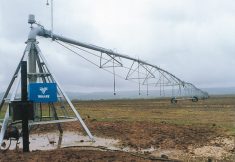A new provincial tax break aimed at boosting the province’s agri-processing sector is getting a thumbs up from business leaders.
“We are truly involved in a global economy that includes a rise in demand for food exports,” said Rich Vesta, owner of Harmony Beef, who hosted a government press conference announcing the tax credit.
“With the agri-processing investment tax credit announced today, Alberta is better positioned to meet this demand by attracting more large-scale investment than ever from companies like Harmony Beef.”
Read Also

How soil fertility management can boost pasture yield by 43 per cent
Learn how soil testing and targeted fertilization can increase pasture biomass by 43%. Expert tips on N, P, and K management for beef cattle producers.
That view was echoed by John Heimbecker, CEO of Parrish & Heimbecker, one of the largest Prairie elevator companies and the largest Canadian flour milling company (which includes a mill in Lethbridge which has operated for nearly half a century).
“Alberta is widely recognized in the business community for its competitive tax rates, skilled workforce and strong primary agriculture sector,” Heimbecker said in a news release. “By offering a 12 per cent tax credit to agri-food processors making a minimum investment of $10 million, Alberta is maintaining its status as a top destination for value-added agricultural projects.”
The precise eligibility criteria is still being finalized but Agriculture Minister Nate Horner said the tax credit is intended for new investments, although that doesn’t necessarily preclude the expansion of existing facilities. The tax credit will be part of this year’s provincial budget, which will be tabled in the legislature on Feb. 28
In its former life, the Harmony Beef processing plant at Balzac (just north of Calgary) was once a symbol of the challenges of value-added processing. Reportedly costing $40 million to construct, the Ranchers Beef plant operated for just over a year before closing in 2007.
Vesta, a veteran American meat industry executive, bought it six years later. He and his two sons spent millions to upgrade it.
“After three and a half years of planning, investing and renovation, we began operations in March of 2017,” said Vesta. “During that time and continuing into the present, we have come to appreciate the assistance and support we have experienced from the province of Alberta.”

Alberta is now well positioned to succeed in food processing and value-added, he said.
“In my over 35 years of owning and operating beef plants, I have found our employees at Harmony to be the absolute best,” he said. “Albertans are skilled, innovative workers who have contributed to making this province into an economic powerhouse and to our success at Harmony Beef.”
The food manufacturing sector had record sales of $20.1 billion in 2021, employed 22,400 Albertans, and accounts for nearly a quarter of provincial manufacturing, the government said.
A tax credit is a better option than a government grant, said Finance Minister Travis Toews, a rancher and former president of the Canadian Cattle Association.
“I believe it’s been positioned so it won’t undermine the competitive balance between existing processors and new processors,” said Toews. “For new processors or those folks who take advantage of this credit, they will have to be taxable. They will have to be profitable. They will have to be competitive in their own right.
“I really see this as an important feature of this non-refundable corporate tax credit.”
Both Toews and Horner said this is a good time for investments in processing raw commodities and adding value as food security is a top issue these days.
“As the global population continues to increase, demand for processed and packaged food is expected to grow considerably,” said Horner. “And Alberta is well positioned to meet the demand. The tax credit program will ensure we maintain a competitive advantage and maximize the number of opportunities to help the economy and create more jobs for Albertans.”
“Alberta has been the primary producers — we’ve always harvested, it’s adding value to that that is important,” added Paul McLaughlin, president of the Rural Municipalities of Alberta.
















